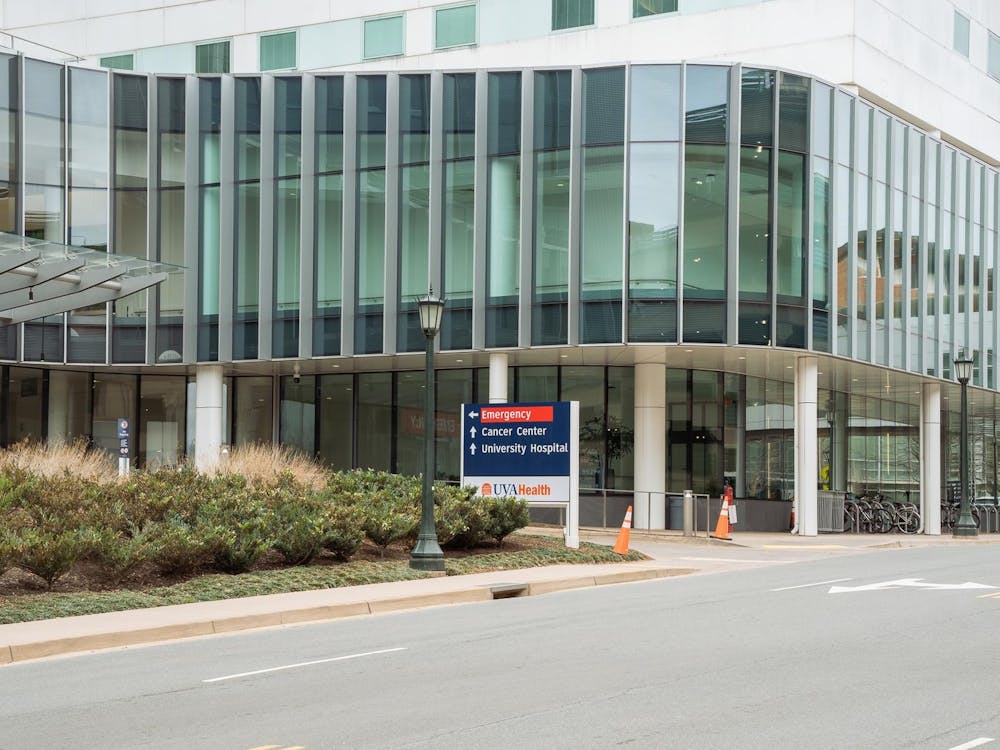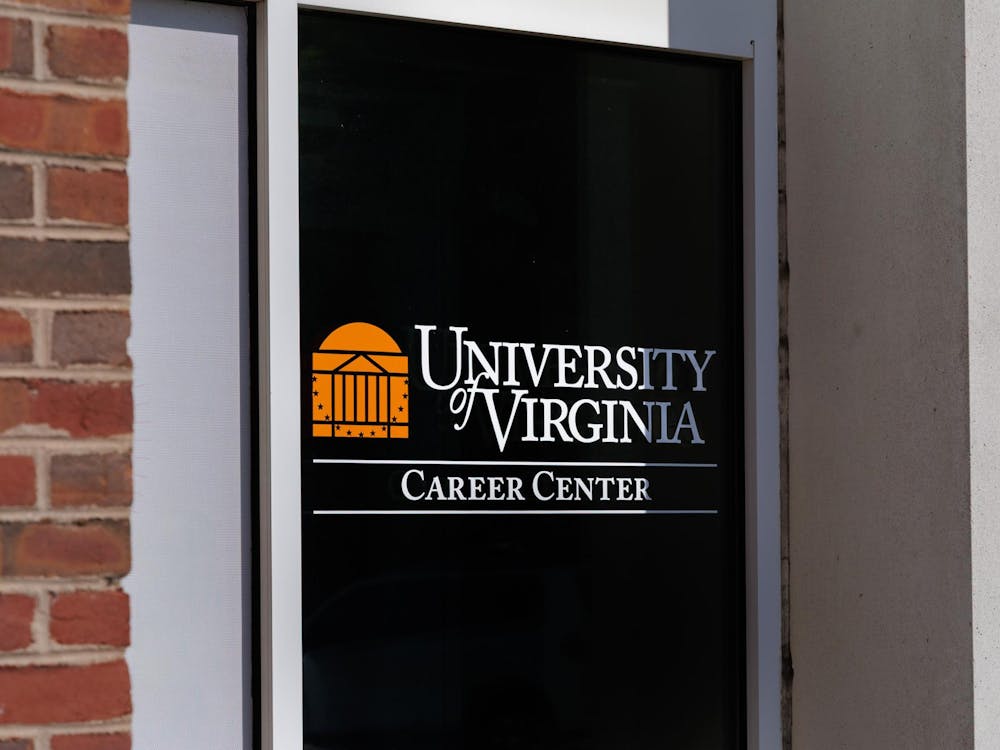The Provost’s Office outlines three criteria in its official Promotion and Tenure Policy for faculty to obtain tenure: student instruction, research and service. But the weight of these three criteria is not always clear.
Tenure, an indefinite appointment to a university’s faculty, carries the obvious benefit of job security, but it can also offer important academic and intellectual freedoms, said J. Milton Adams, senior vice provost and co-chair of the Tenure Committee.
“The tenure is to protect the faculty member’s ability to ask important questions and engage in research free from political influence and interference,” Adams said.
Tenured Philosophy Prof. James Cargile said he does not think teaching is as heavily emphasized in the tenure process as the other criteria.
“My impression is that publication carries more weight than teaching,” he said. “Teaching is given a lot of emphasis; it’s not that it’s neglected. It [simply] would be very unlikely that someone would compensate for [lacking] publication with excellent teaching; whereas it is possible that someone would compensate less than excellent teaching with publication.”
Even the language of the tenure policy suggests research is a favored in decisions. In its section on teaching, the policy stipulates that “an award of tenure will not normally be made” without strong teaching ability. However, with regards to research, the policy says “there must exist a body of original research or creative work sufficient in quality and quantity to have led at least to the beginning of a national reputation in the candidate’s field.”
Economics Prof. Charles Holt, a tenured faculty member, said the tenure decision-making process is flexible and teaching can carry significant weight, depending on the other tenured faculty of the department who are making the decision.
“Some of the tenured faculty put more weight on research and some are more strongly moved by outstanding teaching and service,” Holt said. “The purpose of discussions in the review meetings is for people to listen to others and take the different points of view into account.”
The tenure-track process is a complex one, involving a series of reviews and recommendations by faculty within the department, by deans of the department, by a provost committee comprised of various faculty and finally by the Board of Visitors.
“It’s challenging because all of us do work in different arenas,” said Chris Holstege, chair-elect of the Faculty Senate and an associate emergency medicine professor. “There are objective components to it, but there are also subjective components. We’re looking for excellence in regards to teaching — what my students, my residents, my fellows saying what I’m doing — but then we also have to consider research and scholarly activity.”
Perhaps the best way for professors to succeed in all three areas is to integrate their efforts into a cohesive body of academic work, Holstege said.
“In a lot of the scholarly activity that I do, I’m also involving my students,” he said. “When you think about research you think of it as isolated, but it’s extremely important for students as well. I’ve really tried to engage them so they can learn research methodology that will help them in their careers. At a top tier university like the University of Virginia, our students really should be learning these skills.”
Each year after academic departments and deans have suggested candidates for tenure, the provost committee reviews approximately 120-150 recommendations, Adams said.
“[The process offers] a very good quality control,” he said. “[Faculty] have to be very good scholars of the highest quality, and they also have to be excellent teachers. It’s not as much a weighting or proportionality as it is reaching all of these standards.”






